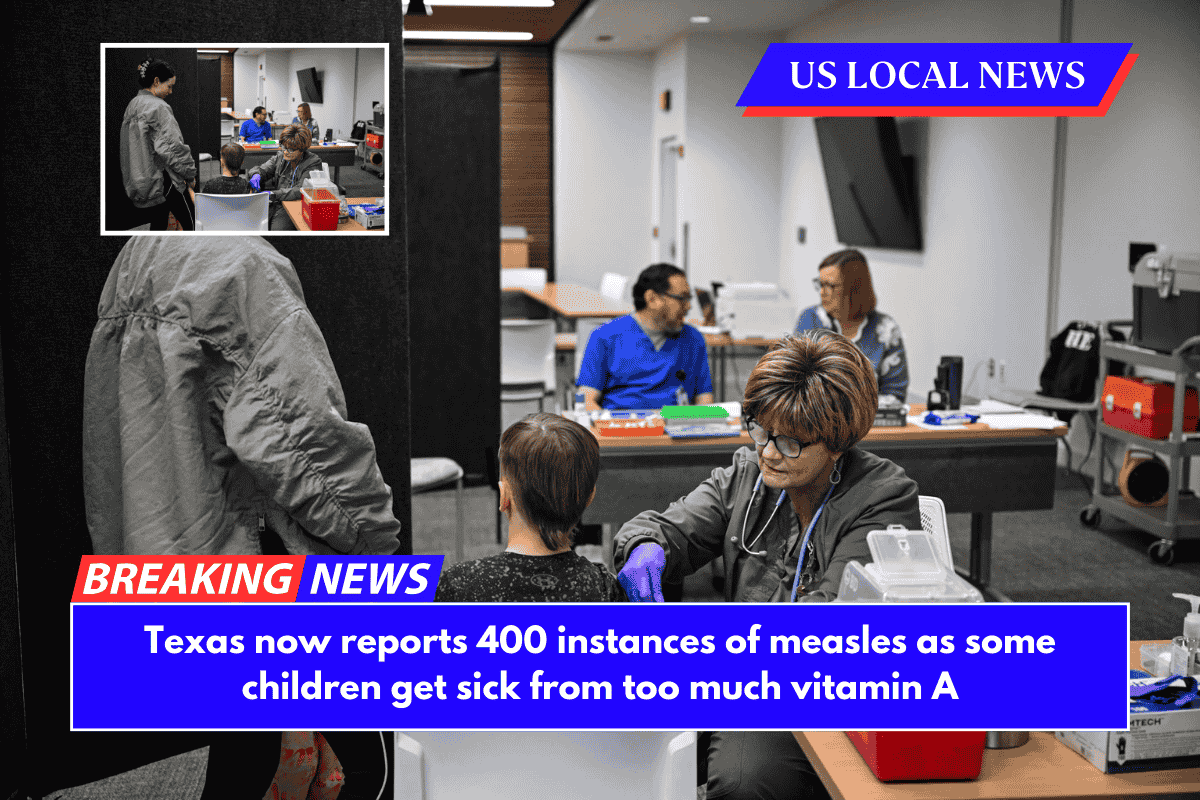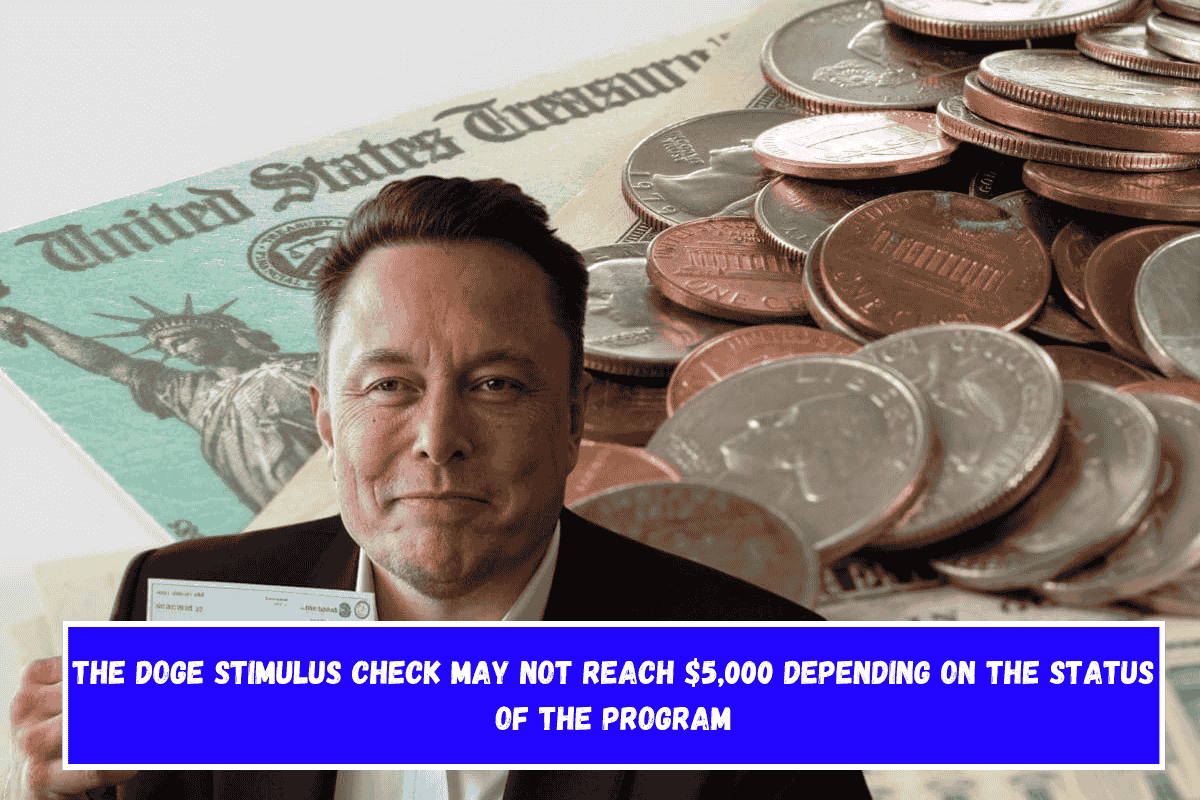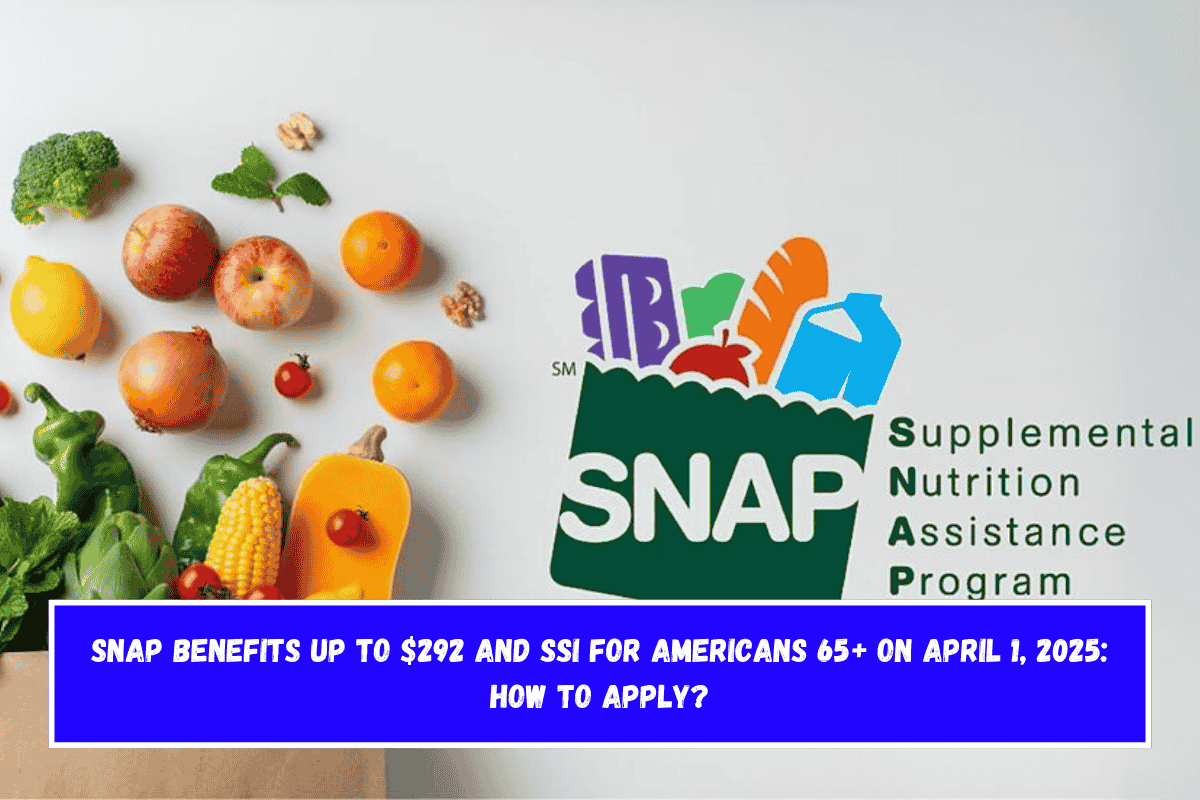In 2025, the federal Supplemental Security Income (SSI) program will continue to provide monthly financial assistance to low-income people and those with certain qualifying conditions.
This program, managed by the Social Security Administration (SSA), is intended for people who meet certain age, disability, or blindness requirements.
As previously stated, and SSI provides financial assistance to individuals and couples who face significant financial constraints. The calendar in March 2025 showed an adjustment in payment dates because March 1 was a Saturday, a non-working day. As a result, the beneficiaries received their payment on Friday, February 28, 2025.
And, since no disbursement was made on March 1, the next payment is scheduled for April 1, 2025. This change is solely to address logistical calendar issues and does not affect program participants’ eligibility or access to the benefit.
Federal SSI amounts approved for April 2025
The maximum SSI amounts in 2025 are set at $967 per month for individuals and $1,450 per month for couples, according to federal figures provided by the SSA. Some states add a state supplement to these amounts, which can increase the total amount received by beneficiaries depending on the jurisdiction.
These values are subject to annual revisions based on the cost of living adjustment (COLA), which accounts for inflation. As a result, amounts may vary in subsequent years based on economic conditions.
Who qualifies for SSI? These are the requirements in 2025
After determining the vulnerable groups that are considered eligible for SSI, there are some basic (but not unique) requirements that must be met by those who want to be considered eligible:
- be 65 years or older
- suffer from a serious disability (physical or mental) that lasts at least 12 months or results in death,
- or suffer blindness, defined as central vision of 20/200 or less in the better eye or a visual field of 20 degrees or less
In addition to these medical or age criteria, applicants must meet specific conditions of income, resources, citizenship, and legal residence in the United States. These requirements ensure that the program reaches those who need it most.
They must prove, with verifiable medical documents, the veracity of the medical condition (whether it is a serious illness or the eligible types of blindness), since the applicant’s word alone is not enough.

Overview of requirements for SSI
The resource limit is $2,000 for individuals and $3,000 for couples. The primary residence, a vehicle, personal belongings, and life insurance are all excluded from the calculation. These thresholds are intended to ensure that beneficiaries have real economic needs.
Citizenship and residency requirements include being a US citizen, national, or qualified foreigner and residing in one of the 50 states, the District of Columbia, or the Northern Mariana Islands. It is also illegal to be absent from the United States for more than 30 consecutive days, or a full month.
The assessment for those under the age of 18 takes into account their parents’ income and resources, a process known as “imputation.” Social Security Disability Insurance (SSDI) recipients may be eligible for SSI if their income is low and they meet the established limits.
Receiving free housing or in-kind assistance can reduce the SSI amount, which serves as a penalty. In addition, applicants must manage other available benefits, such as pensions, before participating in the program.
To apply for SSI, applicants must contact the Social Security Administration (SSA) in person at a local office, by phone at 1-800-772-1213 (available in several languages), or online to schedule an appointment. It is not possible to submit the entire application online.




















